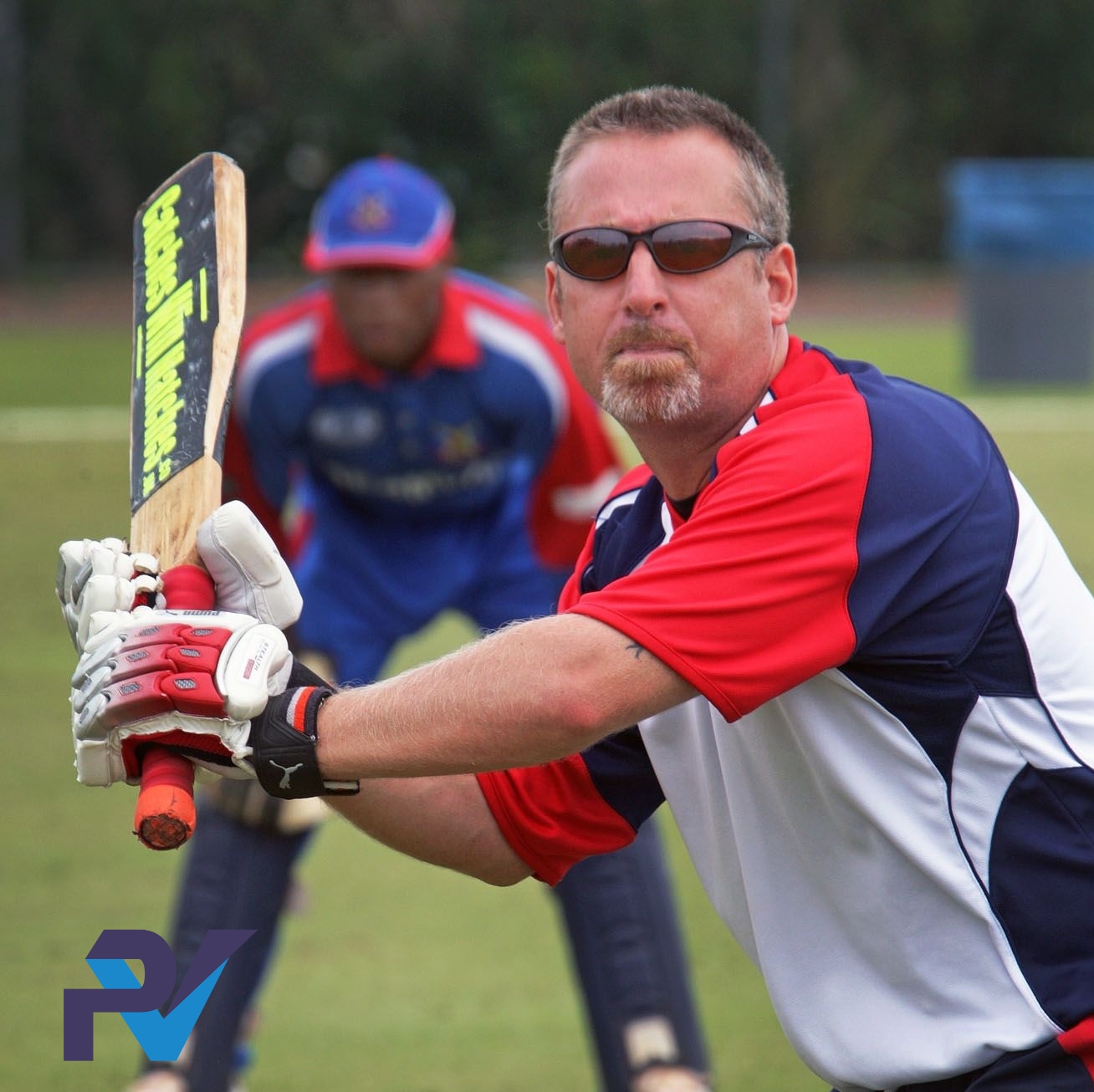The Role of a Modern Cricket Coach: Preparation
 This is the first in a series that details the job of a modern cricket coach from club and school to First-class level. This article covers "preparation". For the rest of the series, get the free PitchVision newsletter.
This is the first in a series that details the job of a modern cricket coach from club and school to First-class level. This article covers "preparation". For the rest of the series, get the free PitchVision newsletter.
What's the job of a cricket coach these days?
Back in the day, the job was more manager than coach. You made sure the team turned up on time, gave everyone a go in the nets and taught the youngsters how to play straight. Maybe you ran a few pre-match warm ups. The captain did the rest.
Now, from school to club to representative and even to first-class level, the coach has a much wider role. And bigger responsibility.
The problem is that it's not always clear where your job as coach ends and the captain and player's jobs begin. If you have job description (and many club volunteers won't get that) it won't tell you the details you need.
So here is what I think a modern coach has to do to cover her role, and help modern players succeed. Starting in this article with the classic preparation of cricketers.
Preparing cricketers
The most obvious development in coaching has come on the training field. The coach has always been able to improve technique through nets and drills, and that remains an important part of the job. However, these days the coach has a much wider range of coaching tools, drills and methods.
From PitchVision to Sidearms, from the iPhone to cones and from the bowling machine to the nets, there are a lot of tools to aid practice.
Now add netting, middle practice, free play, mental preparation and skill drills to these tools and you have a huge matrix of options.
Additionally, we are starting to prove the common sense realisation that everyone is different. What works for one person may be a recipe for failure in another. One player may have a naturally wide stance, another is much more narrow. Both are right for their own needs. You need to know a lot more about technique than ever before.
And that's before we even talk about the huge mental side of the game. The modern coach is able to prepare a player to handle pressure, stay focused, be mentally tough and defeat self-defeat. Often this can only be done during one training session a week.
The good coach is able to tap into this all this information and resources, and create practice that best prepares players for matches, physically and mentally.
Yikes! That's a huge task.
Adapting your coaching
This task will vary between teams and individuals.
The Under 11 club side needs a lot more group technical coaching than a First-class team. The 1st XI club side needs more on the mental game and personal responsibility. The skill of the coach to adapt to her group is at the heart of the job.
In the past, we thought technique was the only thing that mattered. In reality, good coaches knew preparation was about more than technique. Factors like fitness, skill under pressure, learning to deal with failure (and success) and good fun all go into the mix. Modern preparation is not always about a relentless drive for technical perfection.
Often, this is done in imperfect circumstances: Training pitches that are poor, players who don't turn up or are easily distracted, and people who moan and blame and don't take responsibility for their own progress. It rains. The perfect session always seems to be a couple of weeks away. A good coach is able to take these things in her stride and move forward despite limitations.
In short, your job is to ask yourself before every session; "will this session help my group improve?"
The number of factors you have to consider are great, but If the answer is broadly "yes" you are on the right path.
- Login to post comments

